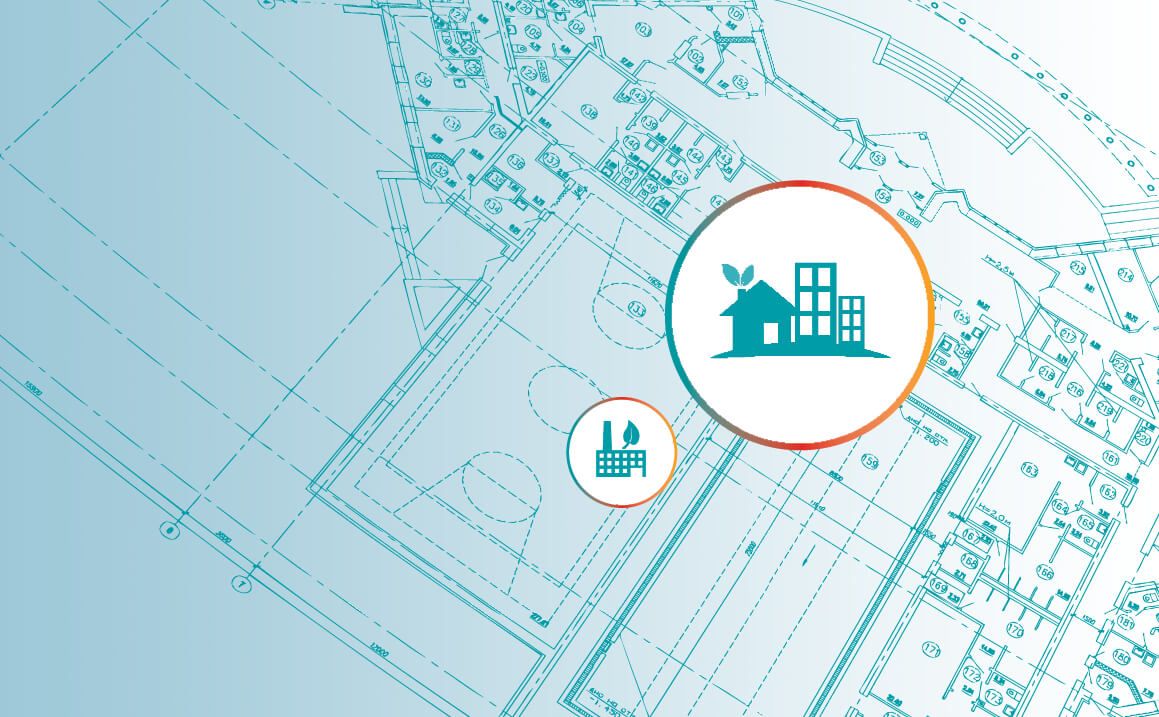Can Going Green Make You Stand Out?


Last year, the Conservative government cancelled the targets for zero-carbon housing and the sustainable building agenda was seemingly dealt a major blow. From a planning perspective, zero-carbon developments still offer developers and the construction industry advantages to obtaining planning permission.
It pays to stand out as a “greener” developer to take your project past planning.
Planning is a complex area, shaped by many forces. To be successful, it is critical to have knowledge of the planning committee, the Local Authority legislation and their attitude toward developments.
So how do you make sure your planned development ticks the right boxes?
It’s true, although not widely stated, that developments offering sustainability with green credentials will be viewed more positively than those without.
The word resilience often is associated with issue or hardship, but when we discuss a resilient building, community or development, we start to look agreeably at the content.
By placing a greater importance on the initial survey of the development, it sets the standard for what is after all, a presentation. One where you need the planning committee or authority to see the benefits, buy into the vision and stamp their approval.
Presentation and clearly showing the facts, is the key when demonstrating a resilient project that is sustainable for the future.
Green credentials will bolster support for your objective. Planning authorities want to embrace the opportunity that the renewable sector offers to communities and businesses throughout the UK. What we all need to remember is that simply adding a piece of renewable technology, solar, biomass or ventilation and insulation, does not mean it will sail through planning. At Cogeo we develop planning applications that are focused on promoting the benefits of these technologies.
When considering the structure of your planning proposal, it is essential to communicate in the same way as a presentation would. Showcase the development, the benefits of the project, and the wider advantages it may have on the community. We take a focused approach in providing a detailed story for your planning application. With a strategic focus on the needs and requirements of assessors, our submissions present a positive case with hard facts and a future-proof investment that can be bought in to.
Renewable technology must demonstrate it can make a difference. It is about the land, communities and businesses having opportunity to thrive and planning committees want to ensure the best practice for all three. Whilst environmental issues are important to planning, you must show the reasoning. Backing up your case with hard facts and future prediction will be a key element in developing your planning submission.
While green technologies are often welcomed by communities, the emphasis must be placed on how this works with them so they don’t need to change and work around the development. Over the years, we have seen the positive trend towards integrating renewable energy technologies within developments including housing and commercial projects, which is encouraging. The submissions that we have been invited in to help fix simply have not ticked the boxes. They have tried to add a green message to their development plan but have not supported this with a structured planning presentation.
Be resilient, sustainable and green. Present this well and your development has the best chance of making it over the line. Experience is critical within planning and our people have an abundance of this to make your presentation structured and tick all the right boxes.
To explore our planning services in more detail, visit www.cogeo.co.uk/planning/overview